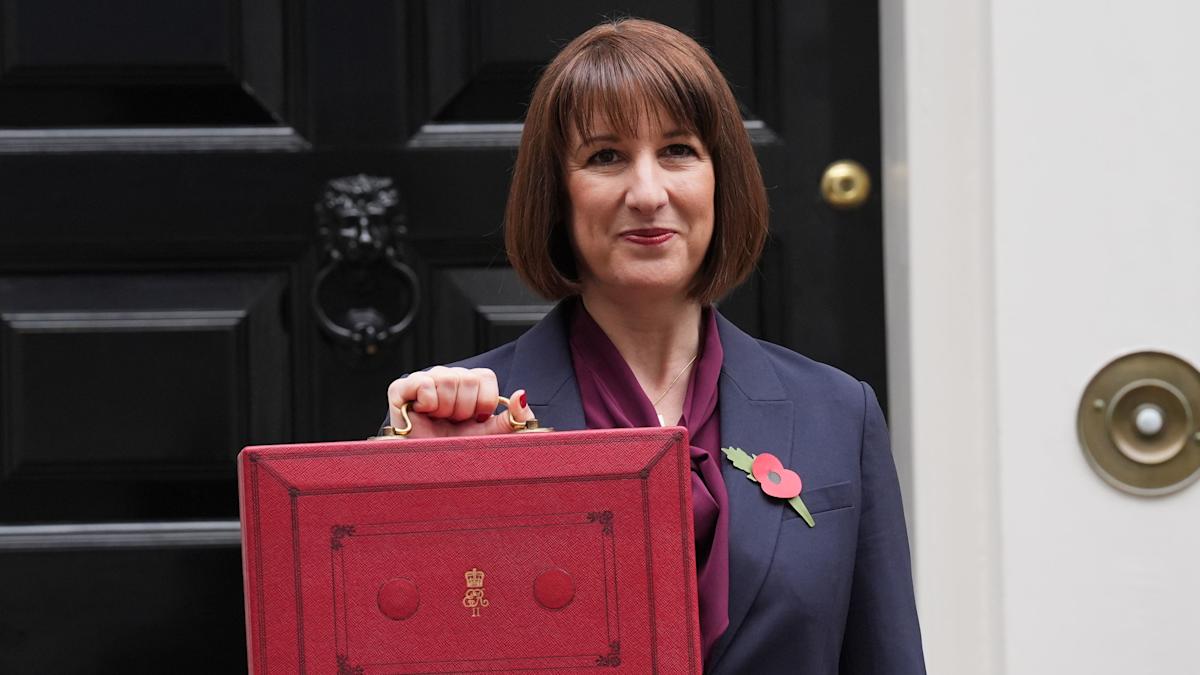UK Borrowing Costs Soar to 27-Year High, Pressuring Chancellor Reeves’ Budget
UK government borrowing costs have surged to their highest level since 1998, with the yield on 30-year bonds reaching 5.698%, escalating fiscal pressure on Chancellor Rachel Reeves ahead of the autumn Budget.
The rise reflects growing investor concern over public finances and speculation about potential tax increases to meet fiscal rules. Simultaneously, the pound fell over 1% against the dollar to $1.3379, its lowest since early August, amplifying economic headwinds.
The trend is not isolated to Britain—30-year bond yields in Germany, France, and the Netherlands also climbed to their highest since 2011, driven by global factors including geopolitical tensions, Trump’s trade policies, and political uncertainty in Europe.
However, the UK’s steep increase underscores market skepticism about the government’s ability to stabilize debt without stifling growth.
Investors are particularly wary of how Reeves will reconcile Labour’s manifesto pledge to avoid raising income tax, VAT, or national insurance on “working people” with the need to fund public services and reduce borrowing.
Susannah Streeter, head of money and markets at Hargreaves Lansdown, noted that investors are “clearly concerned” the government may be losing grip on public finances, leading to a sell-off in UK bonds.
Options under discussion include extending the freeze on income tax thresholds beyond 2028—a stealth tax that drags more earners into higher brackets—and reforming property taxes.
Critics warn that poorly designed tax policies could undermine economic growth, creating a “vicious circle” of weaker expansion and narrower fiscal flexibility.
The borrowing cost surge complicates Reeves’ Budget decisions, as higher debt servicing expenses reduce available funds for public investment or tax cuts. With the UK economy already facing stagnant growth and persistent inflation, the chancellor must balance fiscal credibility with political promises, all under the scrutiny of volatile financial markets.
The situation highlights the fragile interplay between global capital flows and domestic policy in an era of heightened uncertainty.
Reeves’ Budget announcements will be closely watched for their impact on investor confidence and long-term economic stability, with implications far beyond the bond markets.
Source: BBC.
news via inbox
Get the latest updates delivered straight to your inbox. Subscribe now!




